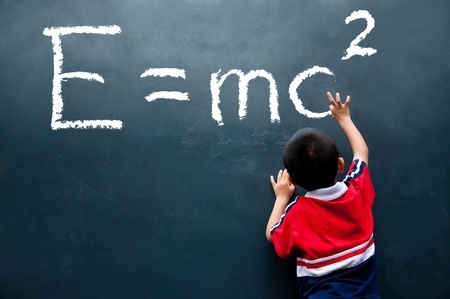'The smartest kids': About this series

Since 2001, dozens of states have taken steps to raise student achievement in their public schools – perennially struggling states like Tennessee and Florida dramatically improved student scores on national tests; while top-rated states like Massachusetts and Minnesota raised their games even higher.
In Michigan, progress has remained agonizingly, stubbornly flat. It’s not that our scores are declining; some are, but there are also incremental gains. The more accurate analogy is of a state treading water while its peers across the nation race past. The result: Michigan is no longer a leading education state, far from it. By most measures, Michigan is now among the bottom tier nationally in preparing its students for life after high school.
How did this happen? And, more to the point, what are surging states doing that Michigan is not? The answer defies pat explanations. Some are economically stronger than Michigan; others are not. Some budget more money per student or pay their teachers more, others do not. Some have fewer poor students, others have more. Some states are run by Republicans, others by Democrats.
Last year, Amanda Ripley produced an influential best-seller with a familiar title, “The smartest kids in the world and how they got that way,” grappling with the question of why students in three wildly different countries (Finland, Poland and South Korea) lead the world in academic excellence, far surpassing the U.S.
The oversimplified short answer:
- They allow only the brightest candidates to enter teaching, then train and pay them well.
- They give students rigorous coursework and expect excellence.
Bridge has similar ambitions, but on a national scale. We visited four wildly distinct states that are making positive gains in classroom performance. What is their secret sauce? Why are they improving? Where do they still struggle? And could their approach work here in Michigan?
See what new members are saying about why they donated to Bridge Michigan:
- “In order for this information to be accurate and unbiased it must be underwritten by its readers, not by special interests.” - Larry S.
- “Not many other media sources report on the topics Bridge does.” - Susan B.
- “Your journalism is outstanding and rare these days.” - Mark S.
If you want to ensure the future of nonpartisan, nonprofit Michigan journalism, please become a member today. You, too, will be asked why you donated and maybe we'll feature your quote next time!
 With student performance in Michigan sluggish over the past decade, there are plenty of high-achieving states we can learn from.
With student performance in Michigan sluggish over the past decade, there are plenty of high-achieving states we can learn from. Tennessee State Flag
Tennessee State Flag